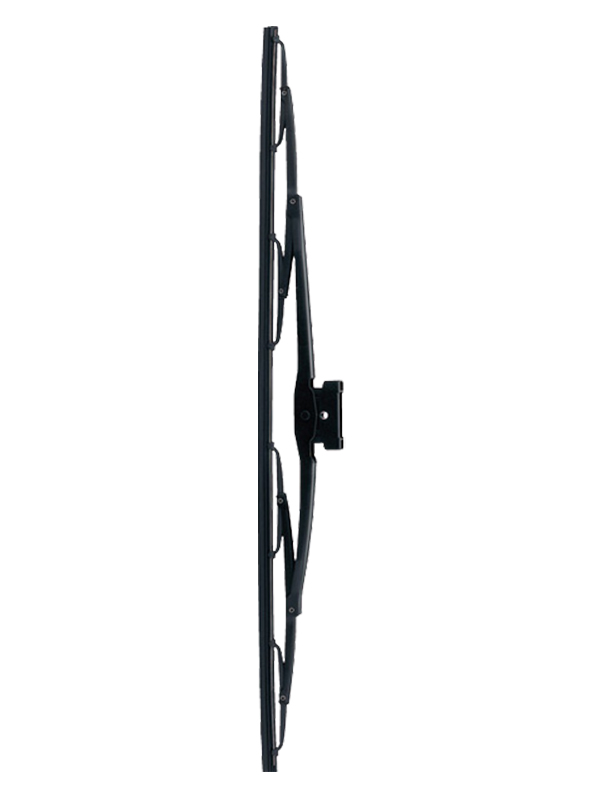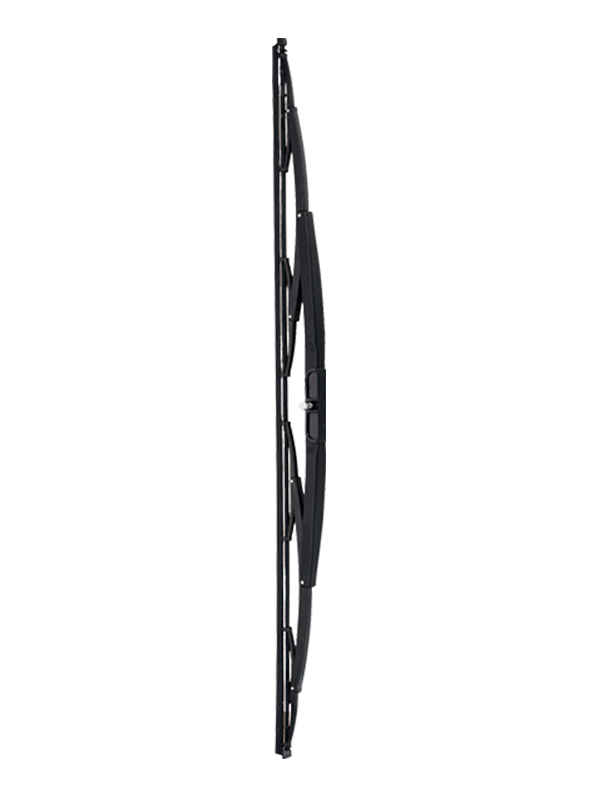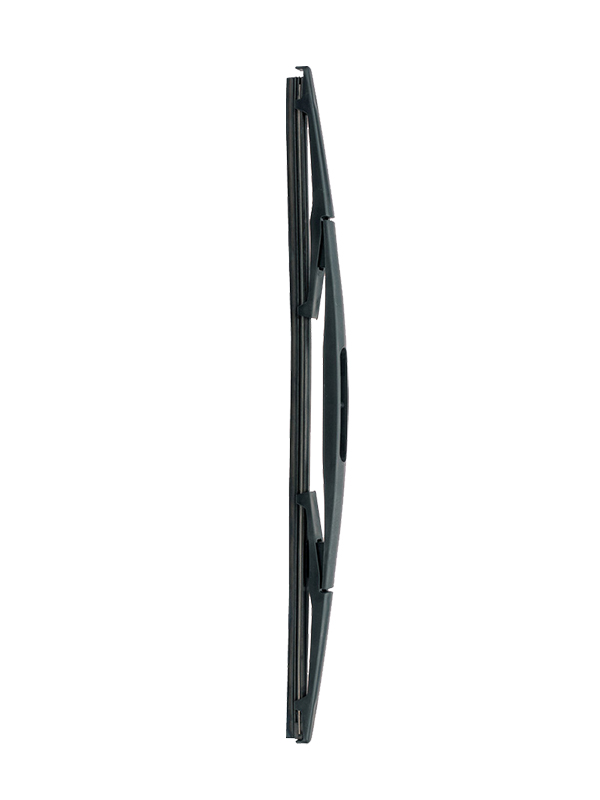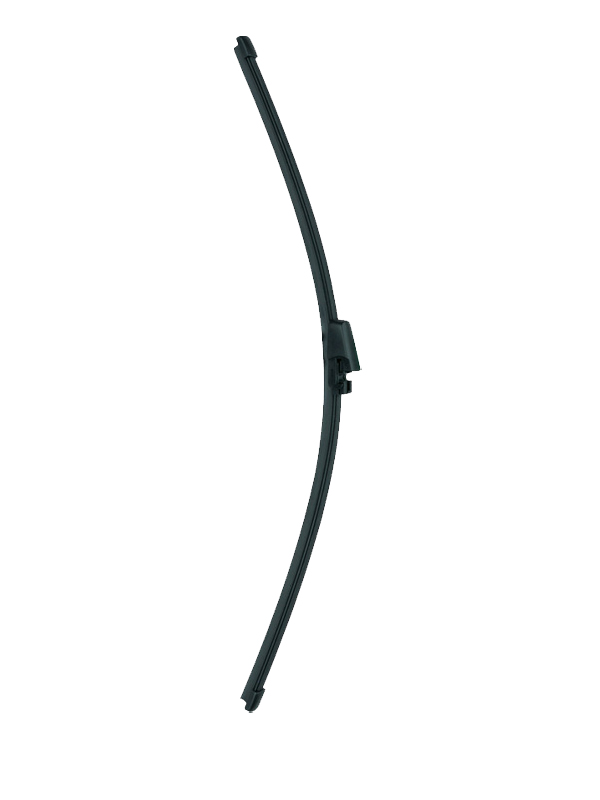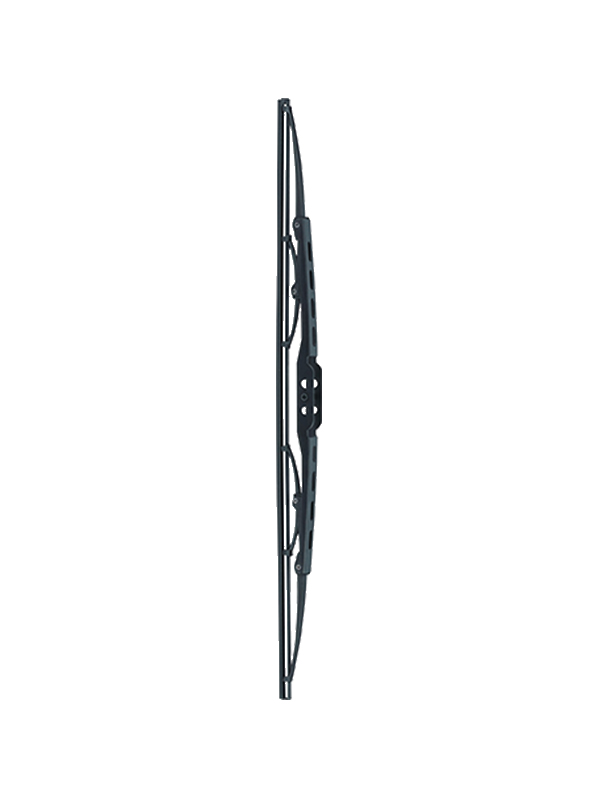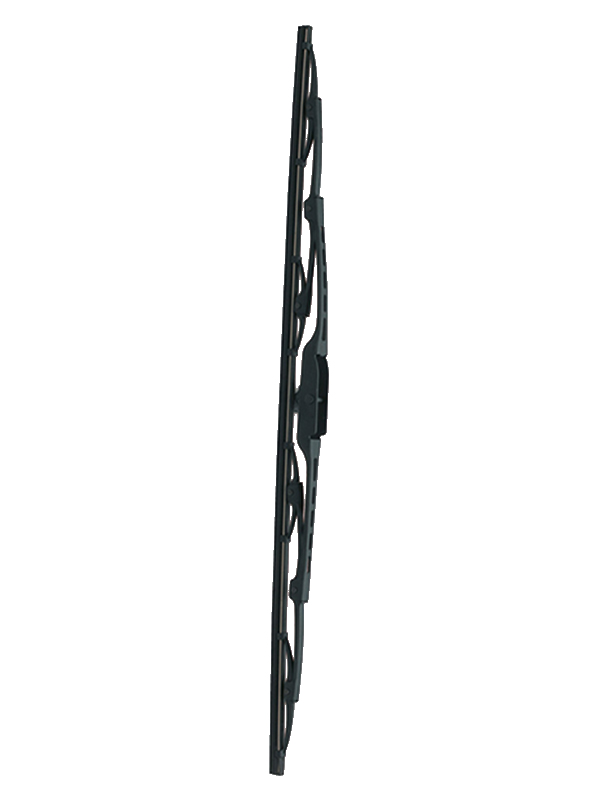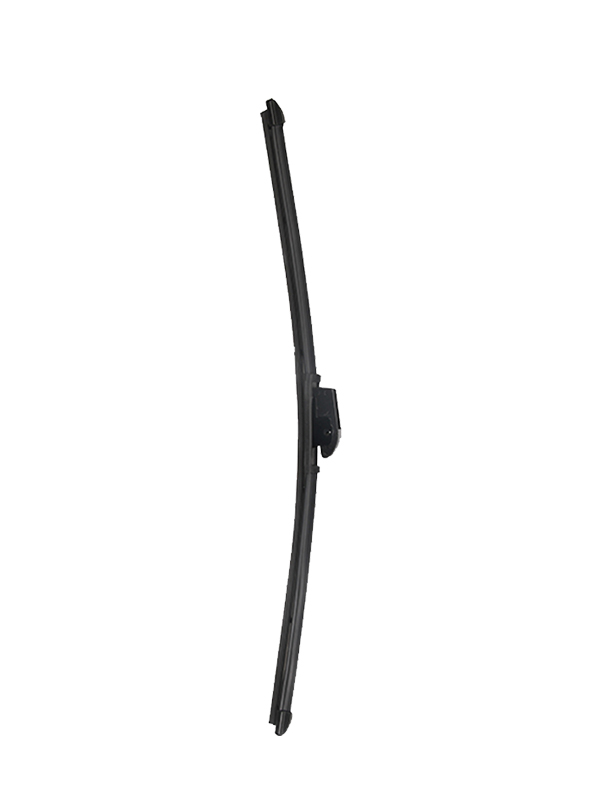Submit feedback
Home / News / Industry News / Can a metal wiper be used on different surfaces, such as glass, plastic, or metal?
Press & Events
Can a metal wiper be used on different surfaces, such as glass, plastic, or metal?

A metal wiper, commonly known as a windshield wiper blade, is primarily designed for use on automotive windshields. However, depending on its design and material composition, it can also be used on other surfaces such as glass, plastic, or metal. In this article, we will explore the versatility of metal wipers and discuss their effectiveness on various surfaces.
Metal wipers are typically made from stainless steel or a blend of steel and rubber. The metal frame provides durability and stability while the rubber element ensures efficient wiping and water removal. The combination of these materials makes metal wipers suitable for use on different surfaces, although their performance may vary depending on the specific surface characteristics.
When it comes to glass surfaces, metal wipers are quite effective. The rubber component of the wiper blade helps to ensure a smooth and streak-free wipe by conforming to the shape of the glass. This allows for contact between the wiper blade and the glass surface, resulting in the efficient removal of dirt, water, and other debris. Additionally, the metal frame provides stability and strength, preventing the wiper blade from skipping or jumping across the glass.
Plastic surfaces, on the other hand, present a different challenge for metal wipers. Plastic is a softer material compared to glass, and the rigid metal frame of the wiper blade may not conform to its contours as effectively. This can to incomplete wiping or even scratching of the plastic surface. Therefore, while metal wipers can be used on plastics, it is important to exercise caution and ensure that the wiper blade is not too stiff or aggressive to prevent any damage to the plastic.
When it comes to metal surfaces, metal wipers can be used to effectively remove water or other liquids. The rigid metal frame can easily glide across metal surfaces, providing a thorough wipe. However, it is important to note that metal-on-metal contact can potentially cause scratches or damage to the metal surface. Therefore, care should be taken to ensure that the metal wiper blade is clean and free from debris that may cause abrasions.
In addition to different surface materials, external factors such as weather conditions can also affect the performance of metal wipers. Cold weather, for example, can cause the rubber component of the wiper blade to become stiff and less flexible, resulting in reduced wiping efficiency. Similarly, hot weather can cause the rubber to degrade and become less effective at removing dirt and water. Therefore, it is important to consider these factors and choose metal wipers that are suitable for the specific environmental conditions in which they will be used.
In conclusion, metal wipers can be used on different surfaces such as glass, plastic, or metal, although their performance may vary depending on the specific surface characteristics. Metal wipers are particularly effective on glass surfaces due to their ability to conform to the shape of the glass and provide an efficient wipe. However, caution should be exercised when using metal wipers on plastic surfaces to avoid any potential damage. Metal wipers can also be used on metal surfaces, but care should be taken to prevent scratching or other damage.
Related Prodcuct
Join Our Team


 English
English  中文简体
中文简体 

